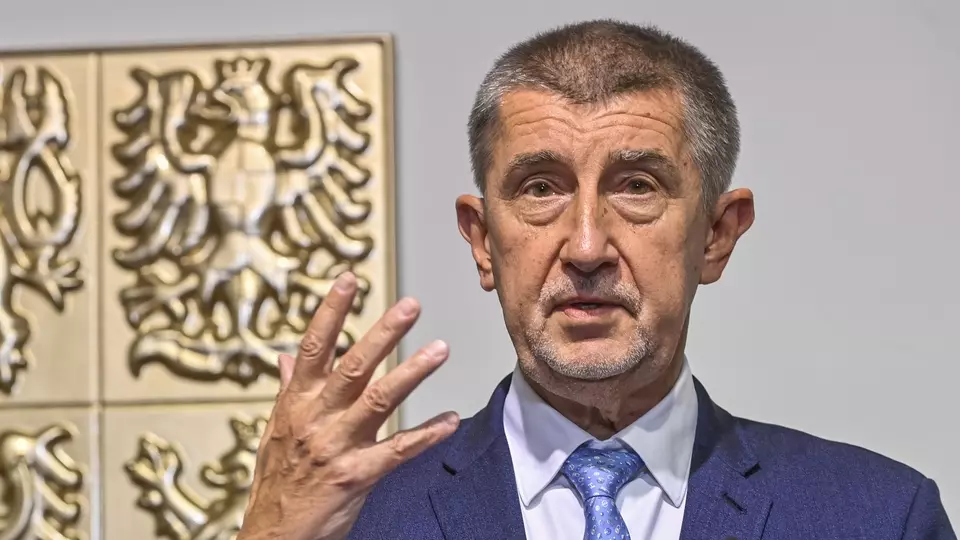Andrej Babiš, the outgoing Prime Minister and head of ANO, has been questioned by journalists on a daily basis lately about whether he will run for president. His social media followers have now joined the questioners, and he hinted that this could be his next step in politics. He told one follower on Facebook on Friday that such a scenario would be possible if there was enough support from the public.
“Everyone is asking about it, so I thought if people started collecting petition sheets and there were enough signatures, there might be a possibility. But I don’t want to prejudge, we’ll see. It’s not a topic right now, ” Babiš said, laughing. Collecting signatures could work both as a campaign and as a test of popularity for the outgoing Prime Minister.
Babiš has not denied to journalists a possible candidacy for the presidency and has fed the topic, for example, with statements that President Miloš Zeman, whose term ends in March 2023, informed him that he would vote for him as president or even challenged him to run for the position.
So far, no one has announced a candidacy, but all candidates will have to declare their interest next year, by the end of November at the latest, as they have to submit their nomination papers sixty days before Election Day.The elections for the presidency will take place in January 2023.
In the direct election, any Czech citizen over the age of 40 can stand as a candidate if he or she gets the consent of either 20 MPs or 10 senators, or if a petition in favour of his or her candidacy is signed by at least 50.000 Czech citizens who are eligible to vote. Candidates can invest up to CZK 50 million in the campaign, of which CZK 40 million in the first round, and the two who advance to the second round can add another CZK 10 million.
Sociologist Jan Herzmann considers Babiš one of the strongest candidates. “He is almost certain to advance to the second round. How the second round would turn out would depend on who would be his opponent,” he commented.
Even if Babiš has no trouble gaining the support of lawmakers, he said, he could use the collection of signatures to play on voters’ emotions. “It’s a well-tested story among Czech politicians: ‘I wanted to quit politics, but people convinced me to run. So Babiš can replicate it, “the political scientist added.
According to Herzmann, Babiš has no need to collect signatures. “Collecting signatures plays a role for people who are not well-known, because they make themselves visible through this process or if there is not enough political power behind the candidate,” Herzmann noted.
He recalled that Miloš Zeman chose the signature route because, at the time, only the SPOZ party stood behind him. “With Babiš, however, it is a different situation because the signature process does not play a vital role in his candidacy. It would have been completely natural for him to be nominated by 72 ANO MPs,” the sociologist underlined.






Leave a Reply